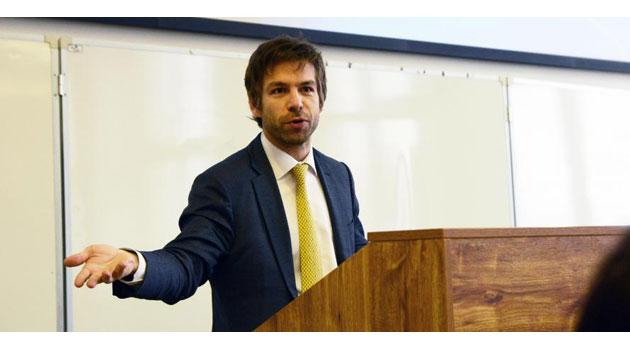Czech Republic: NGOs disagree with draft law on free legal aid

The Czech Helsinki Committee and other non-governmental, non-profit organizations are criticizing the draft law on free legal aid that will be discussed by the Czech Government on Wednesday, 21 September 2016. According to a statement released today by the organizations, the bill was originally meant to arrange for a comprehensive, innovative system for persons whose fundamental human rights have been violated to access free legal aid in order to provide them more options for achieving redress through the courts.
The NGOs consider the current draft bill produced by the Justice Ministry to be quite minimal. According to a press release sent out by the organizations today, the draft law offers free legal aid through “the provision of verbal legal advice of an informational nature for a legally-prescribed time of a minimum of 30 minutes and a maximum of 120 minutes per year.”
This kind of legal aid would be provided to persons in need solely by attorneys, according to the draft law, whose work would be remunerated by the state, but the NGOs believe such an approach to legal aid will be neither effective nor efficient. They are asking the Prime Minister and Justice Minister to withdraw the proposal and rework it so that it will cover more legal work than just the provision of legal advice and so the state will remunerate not just attorneys, but also, for example, non-governmental, nonprofit organizations or trade union organizations for such work.
While such entities already provide this kind of legal aid, the Czech state finances such work only to a limited extent, and many people whose fundamental human rights have been violated do not, therefore, have an opportunity to effectively defend themselves through the courts, according to the NGO press release. Those affected include people who have been directly or indirectly discriminated against, for example, on the basis of age, disability, or sex; institutionalized persons; minors; or senior citizens who have lost their assets through loan-sharking.
In October 2015 the Government sent a letter to the Commissioner for Human Rights of the Council of Europe, Nils Muižnieks, in which the Czech Prime Minister declared that the new system of legal aid would be of benefit to the large group of persons who have been involuntarily sterilized with achieving redress through the courts. Their cases are an example of extremely serious human rights violations that the Czech Republic has not yet fully resolved.
The NGOs asking that the draft law on free legal aid be reworked include the Czech Helsinki Committee, the Czech Women’s Lobby, the Organization for Aid to Refugees and the Counseling Center for Civil Rights. On 19 September 2016 these organizations sent the Czech Prime Minister and Justice Minister a joint letter about the issue and also sent a copy to Commissioner Muižnieks.
On 6 October 2015, Muižnieks sent a letter to the Czech Government reminding them that states have been called upon to adopt appropriate measures for the purpose of establishing accessible, effective mechanisms to ensure that victims of gross human rights violations will be compensated for the damages caused to them in a proportionate way without delay. States have a special obligation to do so in such cases.
According to the Česká justice (Czech Justice) website, objections to the current draft of the law on free legal aid produced by Czech Justice Minister Robert Pelikán (ANO) have also been expressed by the working commission of the Government Legislative Council. That body said it found the proposal lacking in any mention of either qualitative or quantitative data, for example.
The proposed law will be submitted to the Government by the Justice Ministry and, according to the website of the Government of the Czech Republic, is meant to tackle the existing deficiencies of the current legislation on the provision of legal aid free of charge. The stated purpose of the proposed legislation is to augment and expand the provision of legal services funded by the state into areas where they are currently not provided and to make the system of state-funded legal aid more comprehensive in all areas where there is a need for it.
